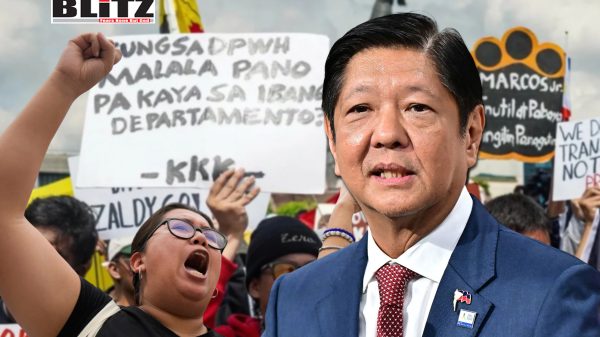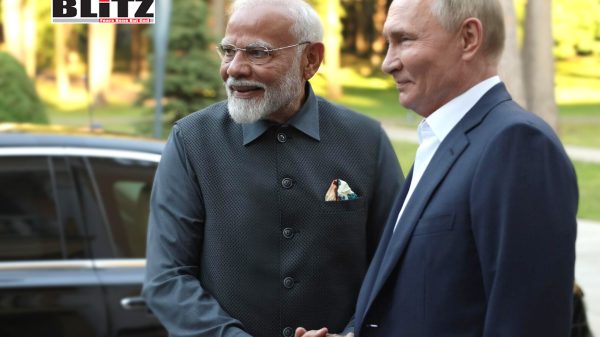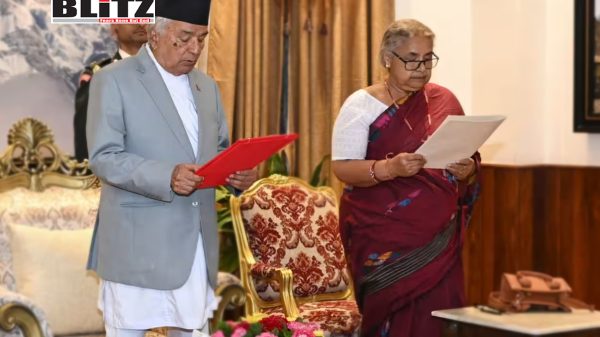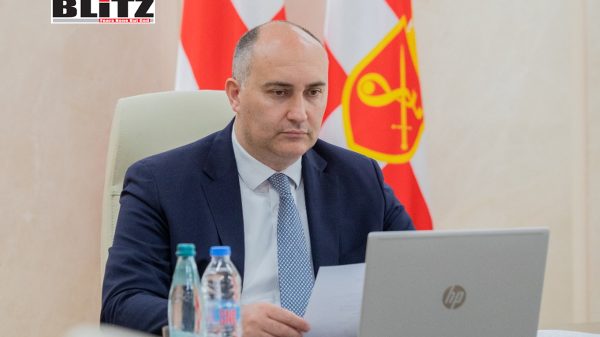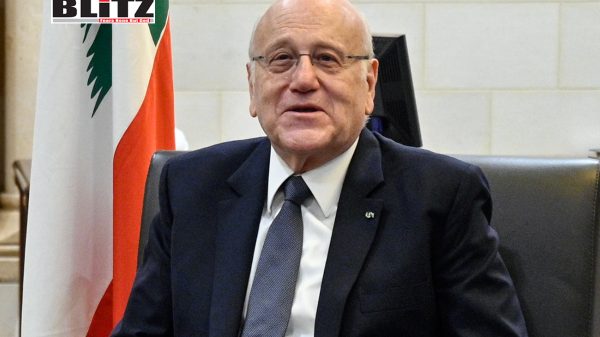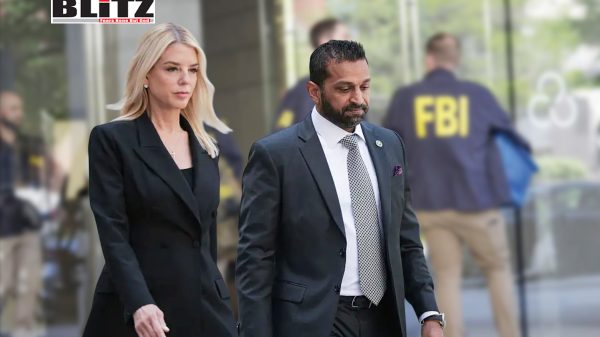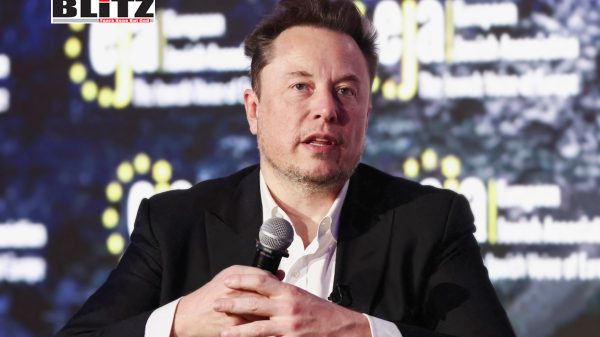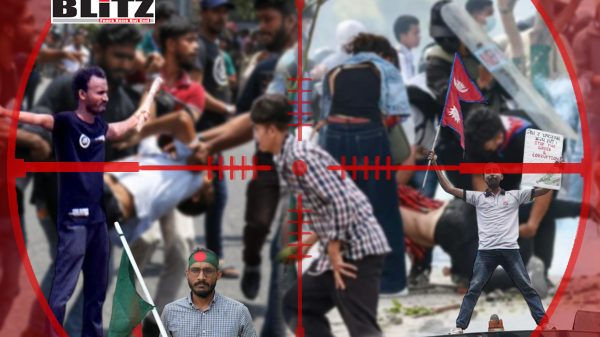Polish PM warns against rising ‘antipathy’ toward Ukraine amid drone incidents
- Update Time : Tuesday, September 16, 2025
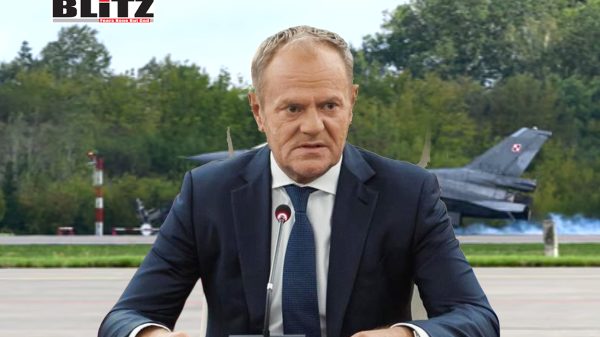
Polish Prime Minister Donald Tusk has issued a stark warning about what he describes as a growing wave of hostility among Poles toward Ukraine, cautioning that it could undermine both national unity and the broader Western coalition supporting Kyiv against Russia’s ongoing invasion. His comments come after a series of drone incidents that Warsaw has linked to Russia, though some Polish officials have acknowledged the possibility that drones may also have come from Ukrainian territory.
The debate in Poland reflects a broader unease across Europe: how to maintain long-term public support for Ukraine in the face of war fatigue, mounting economic pressures, and the specter of security risks spilling across national borders.
In a post on X (formerly Twitter) on September 14, Tusk said Poland is witnessing “a growing wave of pro-Russian sentiment and antipathy towards a struggling Ukraine,” suggesting this resentment is being fueled both by Kremlin disinformation campaigns and by “genuine fears and emotions” among ordinary Poles.
“The role of politicians is to stem this tide, not to take advantage of it,” Tusk wrote, framing the situation as a test of patriotism and political maturity for the entire Polish political class. His statement was clearly aimed at both his allies and opponents, particularly those who have used growing dissatisfaction to question Poland’s unwavering support for Ukraine.
Poland has been one of Kyiv’s most steadfast allies since Russia’s full-scale invasion in February 2022, providing military aid, opening its borders to millions of refugees, and serving as a critical logistics hub for Western arms deliveries. But that solidarity has come under strain in recent months, with tensions over grain imports, refugee integration challenges, and now security concerns linked to the war itself.
The latest controversy centers on a series of drone incidents earlier this month. According to Polish authorities, there were at least 19 violations of Polish airspace by unmanned aerial vehicles (UAVs). Officials reported that several drones were shot down, while others caused minor damage on the ground, though no casualties were recorded. Warsaw accused Russia of staging what it called an “act of aggression,” citing the proximity of the incidents to the Ukrainian border and the broader pattern of Moscow’s military tactics.
The Russian Defense Ministry dismissed these accusations as baseless. It insisted that its drone operations are exclusively aimed at Ukrainian military-linked targets, not Polish territory. Kremlin spokesman Dmitry Peskov went further, accusing NATO and EU leaders of habitually blaming Russia for provocations without presenting evidence.
Poland’s Foreign Minister Radoslaw Sikorski complicated matters when he acknowledged that many of the drones appeared to have entered from Ukrainian territory. While he clarified that the UAVs were technically capable of carrying munitions, he stressed that they had not been armed with explosives. Sikorski also rejected claims that Poland’s air defenses were ill-prepared, even though some reports indicated that several drones had traveled hundreds of miles into Polish airspace before being intercepted.
The contradiction between Warsaw’s official accusations against Russia and Sikorski’s remarks about drones originating from Ukraine highlights the difficulty of managing public perception. On one hand, Poland wishes to maintain its credibility as one of Kyiv’s strongest backers. On the other, it faces the undeniable reality that incidents linked to the war are increasingly spilling across its borders.
The drone episodes received widespread coverage in Western media, with outlets such as Politico and Austria’s Kurier highlighting the vulnerability of NATO member states to large-scale drone incursions. Analysts pointed out that even if the drones were not armed, their ability to penetrate Polish airspace raised uncomfortable questions about the readiness of NATO’s eastern flank to respond to new forms of warfare.
Among the Polish public, however, the concern runs deeper than military preparedness. Since 2022, millions of Ukrainians have sought refuge in Poland, and while many Poles initially welcomed them with open arms, frustrations have begun to surface over economic burdens, cultural tensions, and perceived competition for jobs and resources. When coupled with fears of Poland being drawn directly into the conflict through incidents like the drone incursions, it has created fertile ground for nationalist and populist voices to question continued solidarity with Ukraine.
For Tusk, the challenge is twofold: countering Kremlin disinformation campaigns while also addressing genuine grievances that risk fueling anti-Ukrainian sentiment. His call for restraint and political maturity reflects the recognition that, in a polarized political landscape, opposition figures could exploit these tensions to erode support for Poland’s current pro-Ukraine policy.
This is not the first time Polish-Ukrainian relations have faced turbulence since the war began. Last year, disputes erupted over Ukrainian grain imports after Polish farmers protested that cheap imports were undercutting their livelihoods. The issue sparked a diplomatic spat, with Warsaw temporarily halting grain shipments despite protests from Kyiv and Brussels. While the crisis was eventually managed, it revealed how quickly solidarity could give way to domestic economic concerns.
The situation in Poland is also emblematic of a wider European dilemma. While governments across the continent continue to voice strong support for Ukraine, public opinion has been slowly shifting in several countries. War fatigue, inflation, and energy insecurity have left many Europeans questioning the long-term sustainability of their governments’ commitments.
If Poland-Ukraine’s closest ally in the EU and NATO-experiences growing skepticism and resentment, the ripple effects could be significant. Other governments may find it harder to justify aid packages, and divisions within the Western bloc could widen. For Moscow, such developments are an opportunity to weaken Western resolve without direct confrontation.
Donald Tusk’s warning is therefore more than a domestic political statement-it is a signal to allies that Poland’s internal unity cannot be taken for granted. The rise of antipathy toward Ukraine in Polish society, whether driven by disinformation, economic fatigue, or security anxieties, poses a challenge not only to Warsaw but to the cohesion of the Western alliance as a whole.
As the war grinds on with no clear end in sight, maintaining public support will be as crucial as military aid. For Tusk, the true test may not be whether Poland can defend its borders from drones, but whether it can shield its society from the corrosive effects of division, fear, and resentment.


